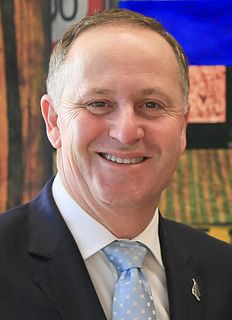
Cycling, also called biking or bicycling, is the use of bicycles for transport, recreation, exercise or sport. People engaged in cycling are referred to as "cyclists", "bikers", or less commonly, as "bicyclists". Apart from two-wheeled bicycles, "cycling" also includes the riding of unicycles, tricycles, quadracycles, recumbent and similar human-powered vehicles (HPVs).

The bicycle originally reached New Zealand in the 1860s in the form of the velocipede, also known as the 'boneshaker'. These bikes, as elsewhere, soon evolved into the elegant 'high wheelers', known today as penny-farthings. Popular among wealthy young men, these offered adventure and speed, but were also dangerous due to the lack of modern features like efficient brakes. Additionally the fact that they were useless on the rough and hilly roads of most of the country, ensured that they were seldom used for anything other than sport and recreation.
Cycling UK is a brand name of the Cyclists' Touring Club (CTC), which is a charitable membership organisation supporting cyclists and promoting bicycle use. Cycling UK is registered at Companies House, and covered by company law. It works at a national and local level to lobby for cyclists' needs and wants, provides services to members, and organises local groups for local activism and those interested in recreational cycling. The original Cyclists' Touring Club began in the nineteenth century with a focus on amateur road cycling but these days has a much broader sphere of interest encompassing everyday transport, commuting and many forms of recreational cycling. Prior to April 2016, Cycling UK operated under the brand CTC, the national cycling charity. As of January 2007, the organisation's president was the newsreader Jon Snow.
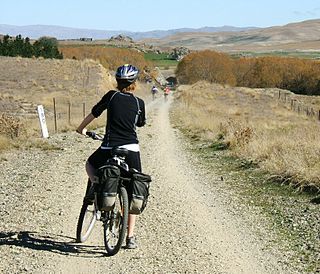
The Otago Central Rail Trail is a 150-kilometre walking, cycling and horse riding track in the South Island of New Zealand. A pioneering project for New Zealand, the successful cycle trail joined the New Zealand Cycle Trail umbrella organisation in 2012, having been one of the inspirations for it.

Bicycle Network is a charity, one of the largest cycling membership organisations in the world, whose mission is to have More People Cycling More Often. It was, prior to 2011, known as Bicycle Victoria.

A bicycle boulevard, sometimes referred to as a neighborhood greenway, neighborway, neighborhood bikeway or neighborhood byway is a type of bikeway composed of a low-speed street which has been "optimized" for bicycle traffic. Bicycle boulevards discourage cut-through motor-vehicle traffic but allow local motor-vehicle traffic. They are designed to give priority to bicyclists as through-going traffic. They are intended as a low-cost, politically popular way to create a connected network of streets with good bicyclist comfort and/or safety.

Cycling New Zealand, originally known as BikeNZ, was created in July 2003 to act as an umbrella body embracing all national bike and cycling organisations including, BMX NZ, Cycling Advocates' Network, Cycling NZ, Mountain Bike NZ and Cycling New Zealand Schools.
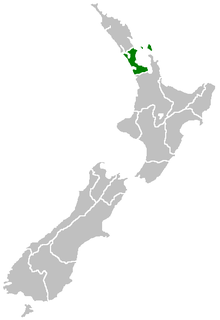
Bike Auckland, formerly Cycle Action Auckland (CAA) is a pro-cycling advocacy group in Auckland, New Zealand. The volunteer group aims to improve infrastructure and conditions, as well as perceptions of cycling to encourage more "everyday people" to use bicycles, including for commuting and recreation.

Cycling Action Network (CAN) is a national cycling advocacy group founded in November 1996 in Wellington, New Zealand. They lobby government, local authorities, businesses and the community on behalf of cyclists, for a better cycling environment. It aims to achieve a better cycling environment for cycling as transport. Major initiatives are the annual Cycle Friendly Awards and support for a biennial Cycling Conference. The organisation was originally named Cycling Advocates' Network until 2015.
Cycling in Sydney, New South Wales, Australia takes place for recreation, commuting and as a sport. Sydney has a hilly topography and so may require a slightly higher level of fitness from cyclists than flatter cities such as Melbourne and Canberra. Sydney depends heavily on motor vehicles where traffic and public transport operate at capacity. This means that cyclist are often competing with motorists for limited space on busier roads, and for limited government resources for expenditure on road infrastructure. In its favour, Sydney has a generally mild climate and there are active cycling groups.

Cycling in New Zealand, while relatively popular as a sport, is a very marginal commuting mode, with the share hovering around 1-3% in most major cities. This is due to a number of factors, principally safety fears.

The New Zealand Cycle Trail project is a New Zealand government initiative, co-funded together with local councils and charitable trusts, which is to build and operate a network of cycle routes through the country.
The NZ Cycling Conference is a series of cycle planning conferences started in 1997 in Hamilton. Since 2001, the conference series has a biennial schedule. The conferences are one of the key ways of exchanging expertise about planning and design for cycling in New Zealand. Starting in 2012, the scope of the conference includes both walking and cycling, by combining the previous Living Streets Aotearoa biennial NZ Walking Conference series, and was rebranded "2WALKandCYCLE". The most recent conference was held in Palmerston North in July-August 2018.

Nextbike was a bicycle rental scheme in New Zealand, franchised from the German Nextbike company. It operated in the CBD and central suburbs of Auckland City from 2008 to 2010. Due to lack of sufficient advertising revenue, the company ceased operations in that year after failing to win emergency funding from the new Auckland Council. However, it is expected to make a bid for a newly tendered contract by Council to provide a public bike rental scheme, as the bikes of the scheme are still present in storage.

The New Zealand Cycle Friendly Awards were devised by the Cycling Advocates' Network (CAN) in 2003. The purpose of the awards is to acknowledge and celebrate some of the most notable achievements in the country that are helping to promote cycling and to create a cycle-friendly environment. Since 2016, the awards have been jointly organised with the New Zealand Transport Agency and rebranded as the 'Bike to the Future Awards'.
Cycling in Australia is a common form of transport, recreation and sport.

Anton Cooper is a New Zealand cross-country cyclist who races for the Trek Factory Racing XC Team. He is the 2015 World Under 23 Cross-country Mountain bike champion and the 2012 World Junior Cross-country Mountain bike champion. One of the two contenders for the country's 2016 Summer Olympics quota spot, he developed chronic fatigue earlier in 2016 and the nomination went to Sam Gaze instead.
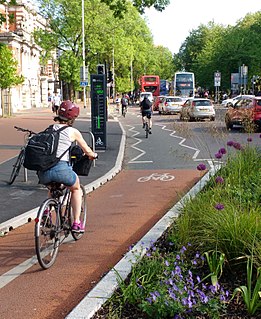
Cycling for transportation and leisure enjoys popularity in Manchester and the city also plays a major role in British cycle racing. The University of Manchester is home to the Manchester Cycling Lab.
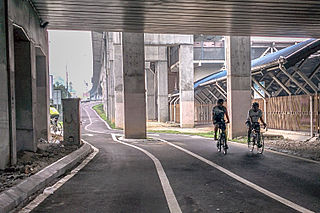
Cycling in Kuala Lumpur refers to the bicycle uses in Kuala Lumpur, Malaysia for touring, recreational, work and transportation purpose. It was first appeared on 1938 when there is a first road cycling race that has been introduced in Kuala Lumpur. The introduction of the bicycle in Kuala Lumpur was later become one of the preferred transportation methods for students and mid-class citizens. As Kuala Lumpur begin its rapid urbanization progress since 1960s, the usage of bicycle start to decline as people shifting their transportation method to driving. However, the bicycle use in Kuala Lumpur has seen another rapid growth in recent years with increased interests from different class of citizens, especially since the launch of bike tourism in Kuala Lumpur on 2012. Although Kuala Lumpur lacks many bicycle-friendly routes which is suitable for cyclists to cycle in the city in the past, however, many proposals, improvements and construction of the bicycle infrastructure and introduction of urban bicycling program has been carried on in recent years, mainly under the proposal of Kuala Lumpur Structure Plan 2020 and cycling activism by Cycling Kuala Lumpur in order to encourage citizens of Kuala Lumpur and tourists to cycle in the urban area.

Qhubeka is a South African not-for-profit organisation that donates bicycles as part of the World Bicycle Relief's charity programme in South Africa. Qhubeka is currently supported by the Dimension Data UCI World Tour cycling team.


